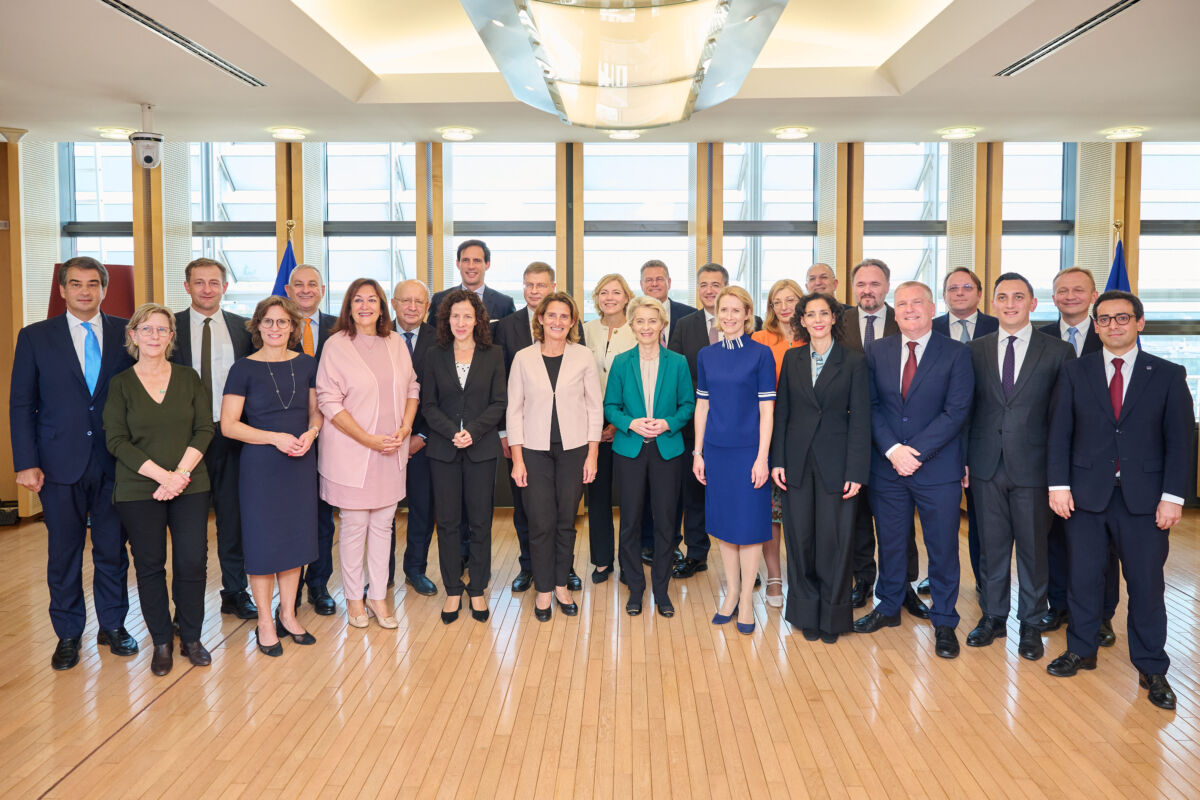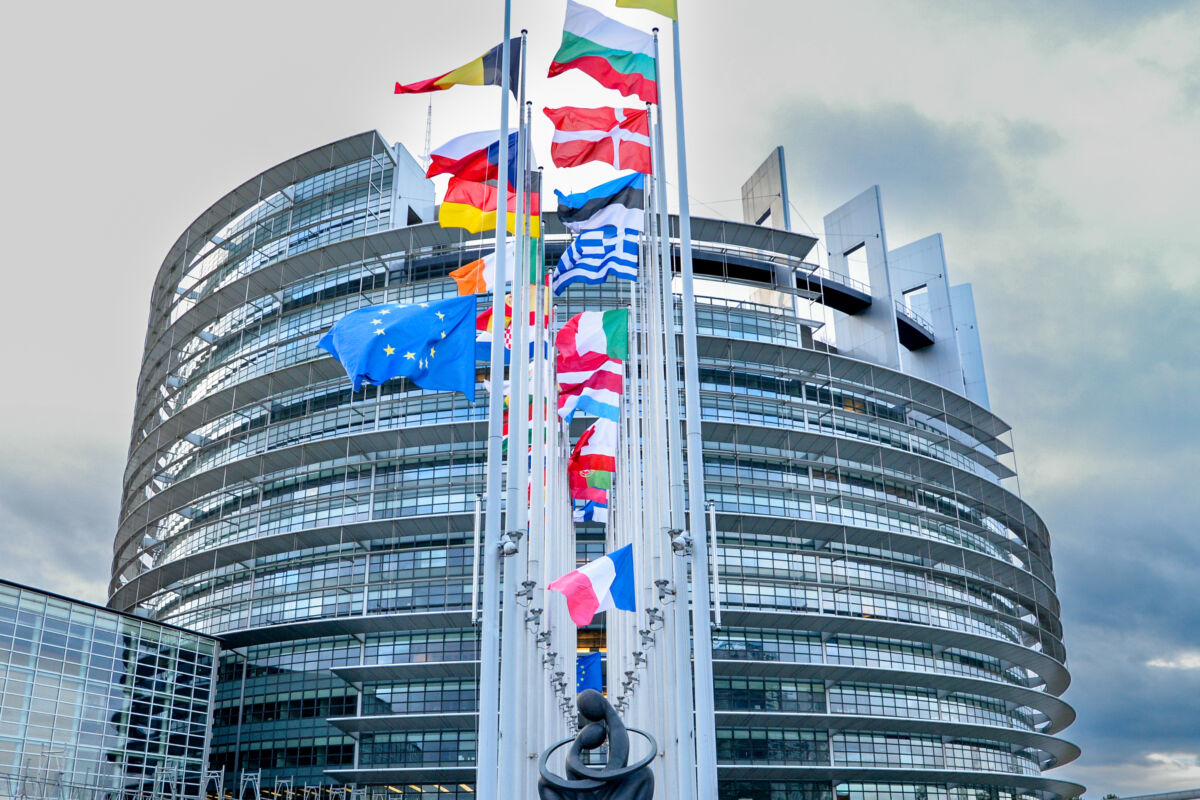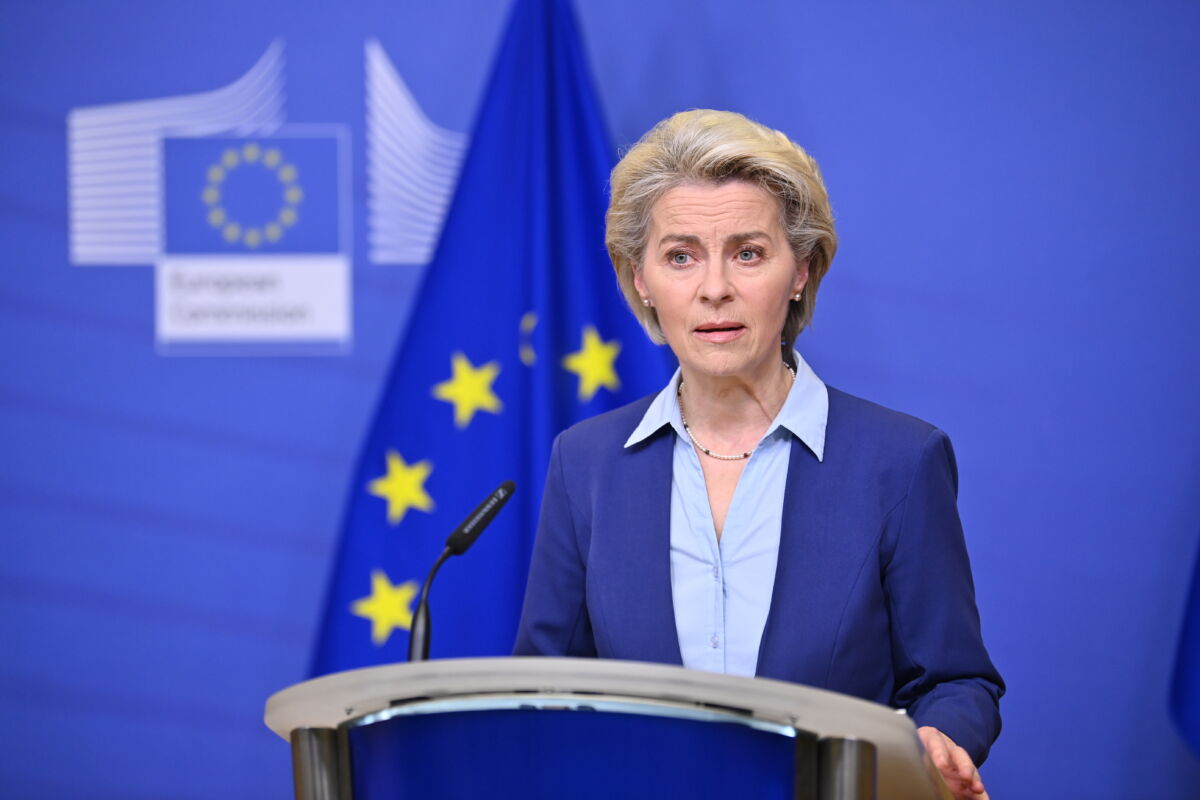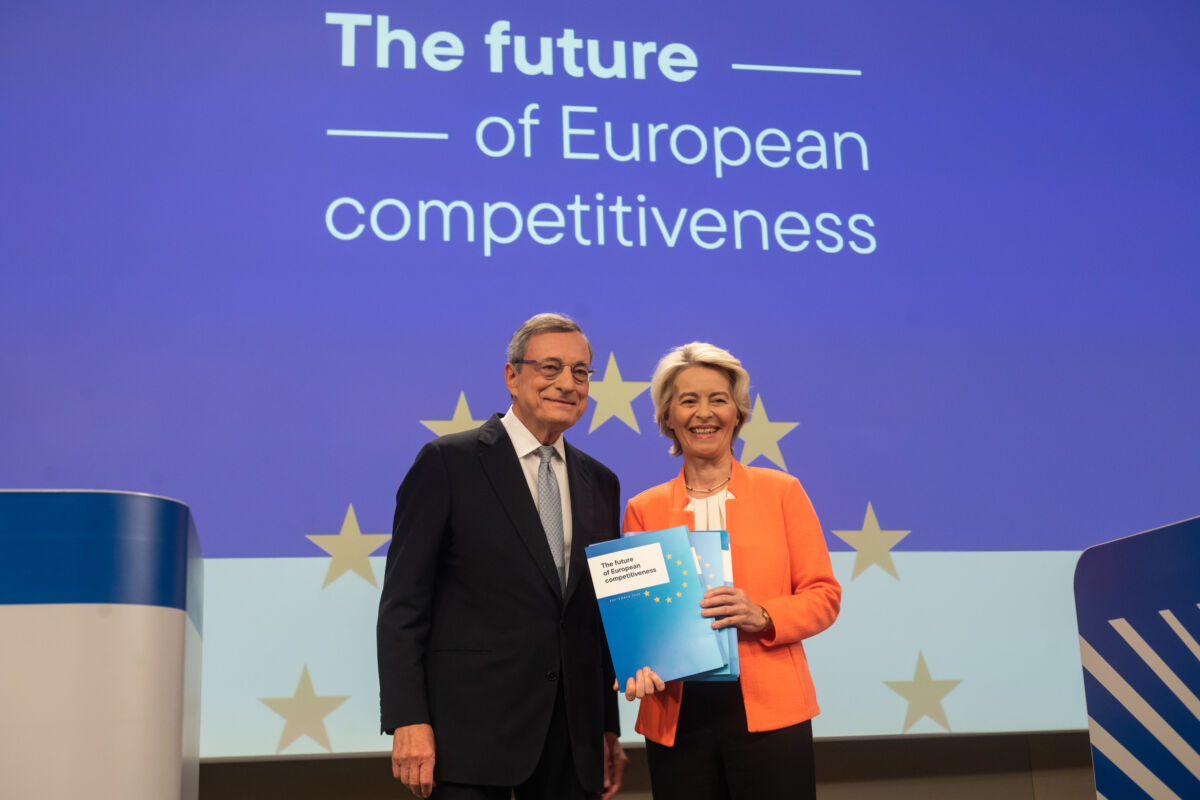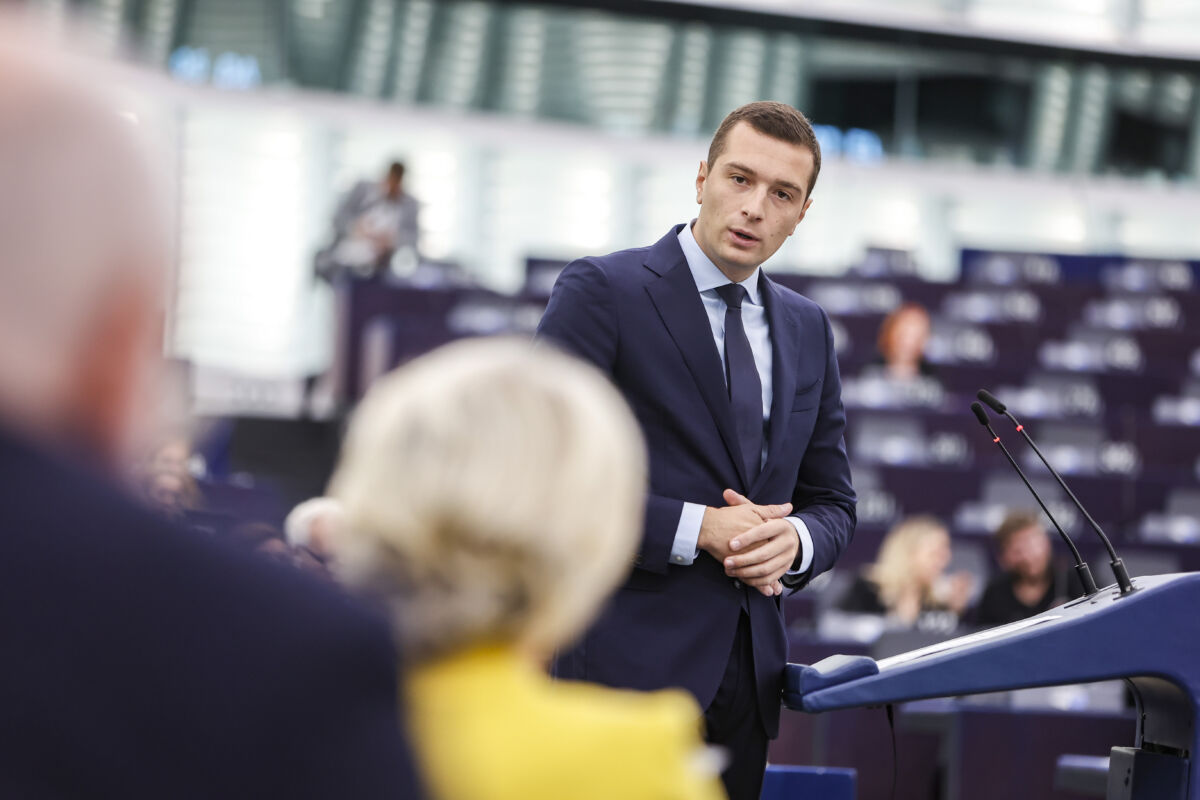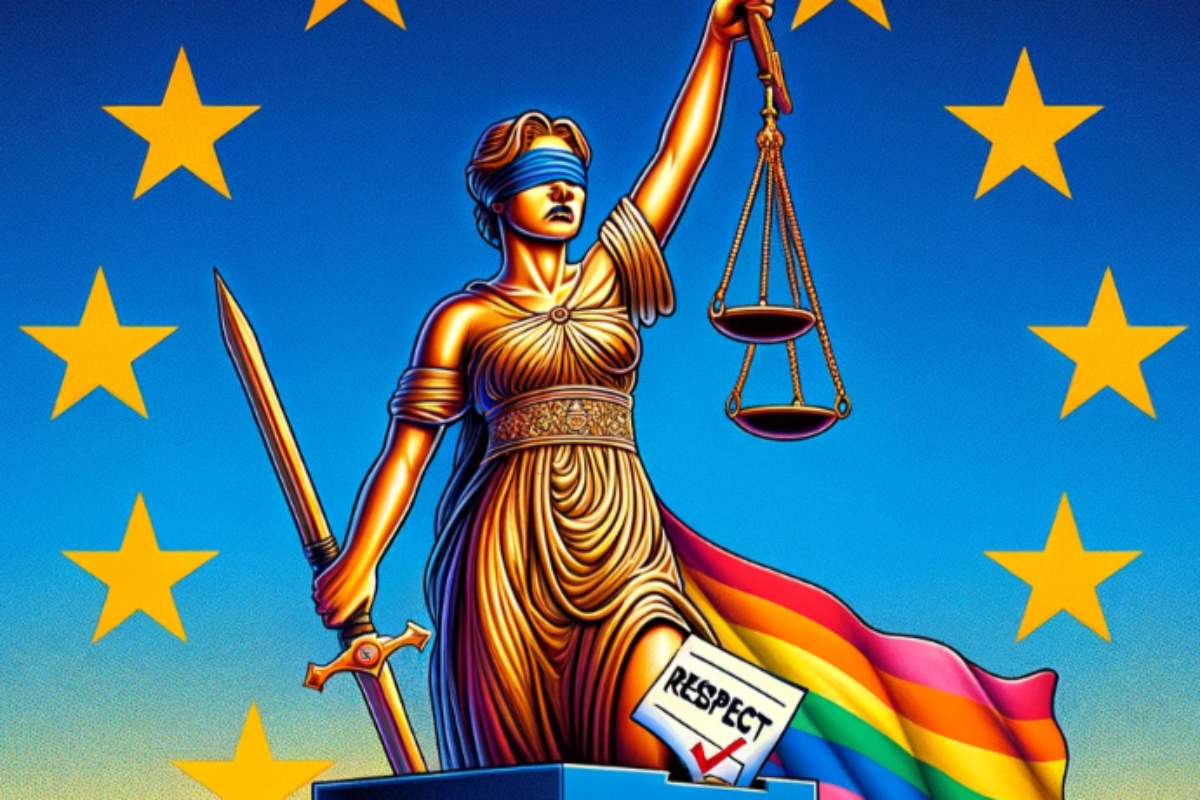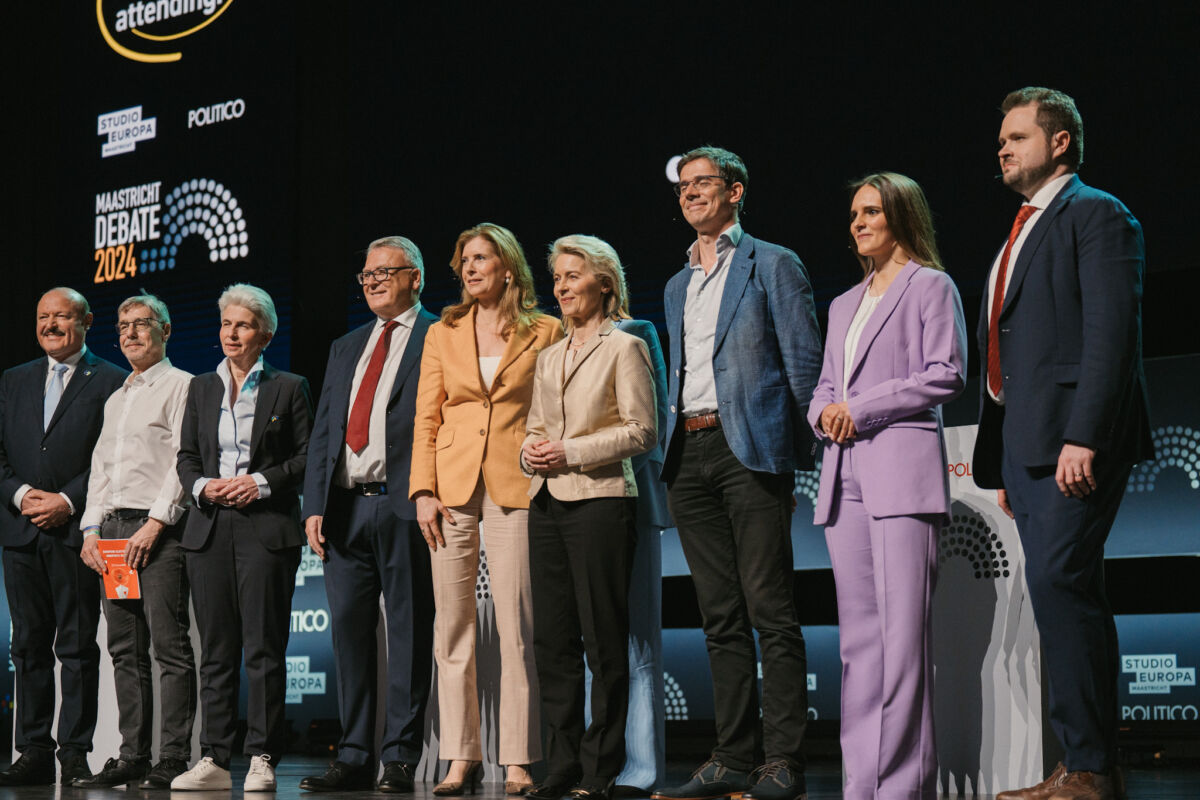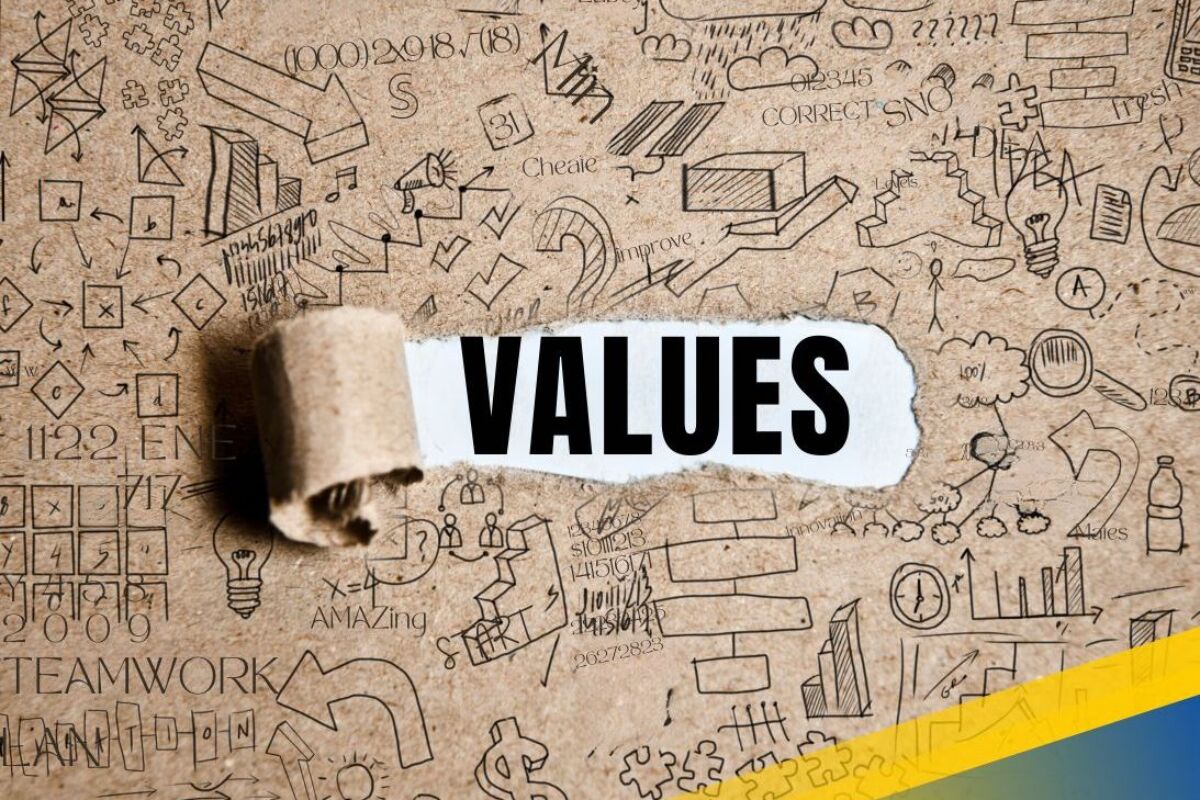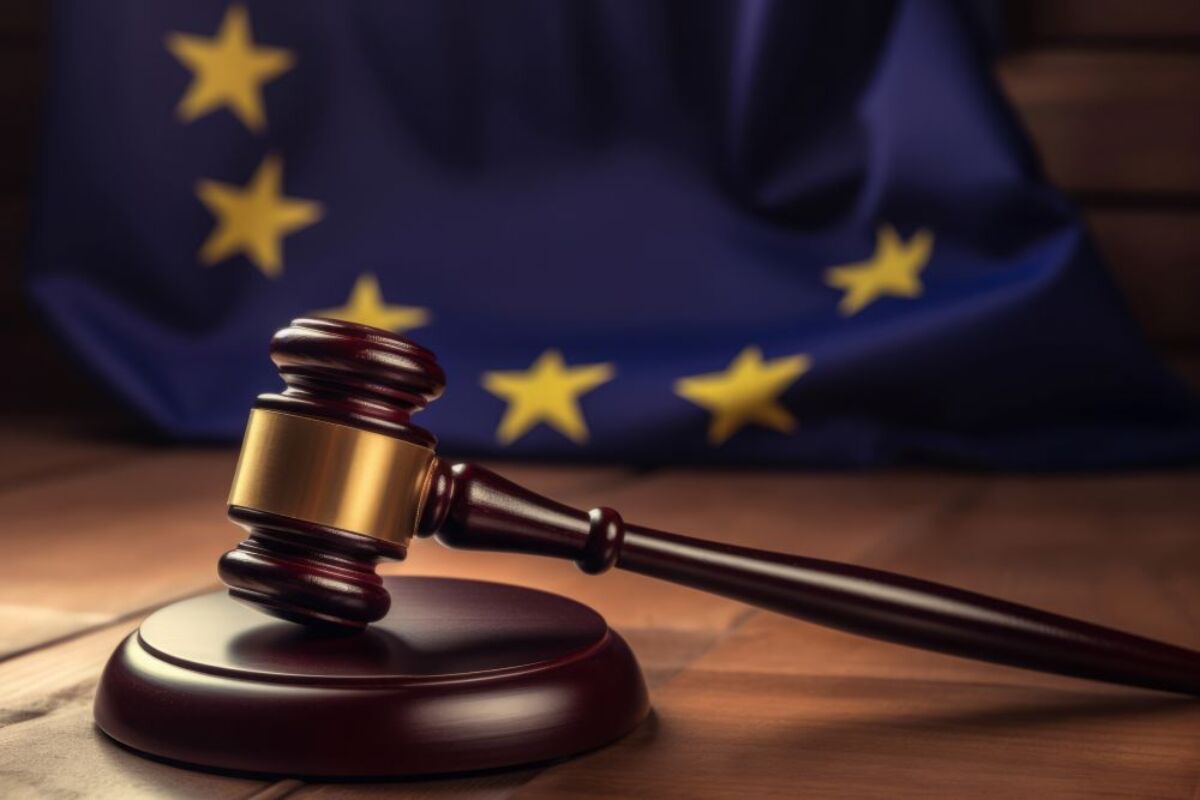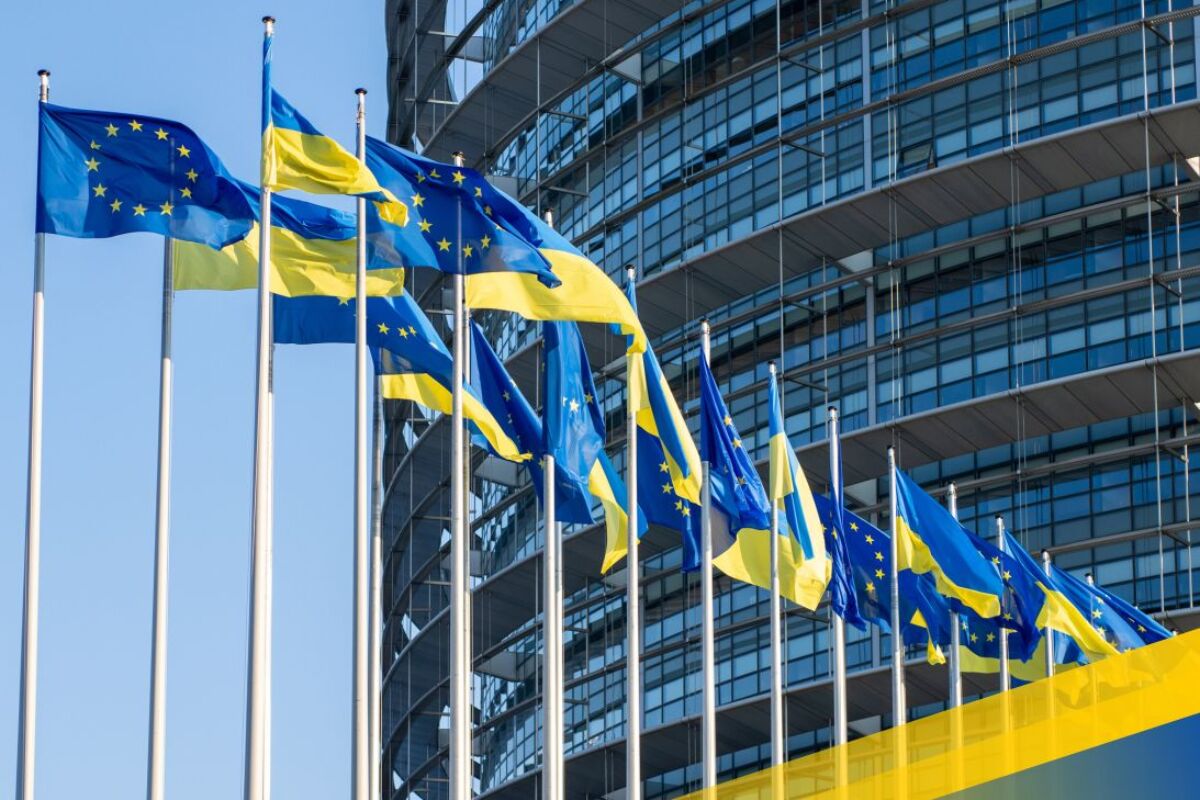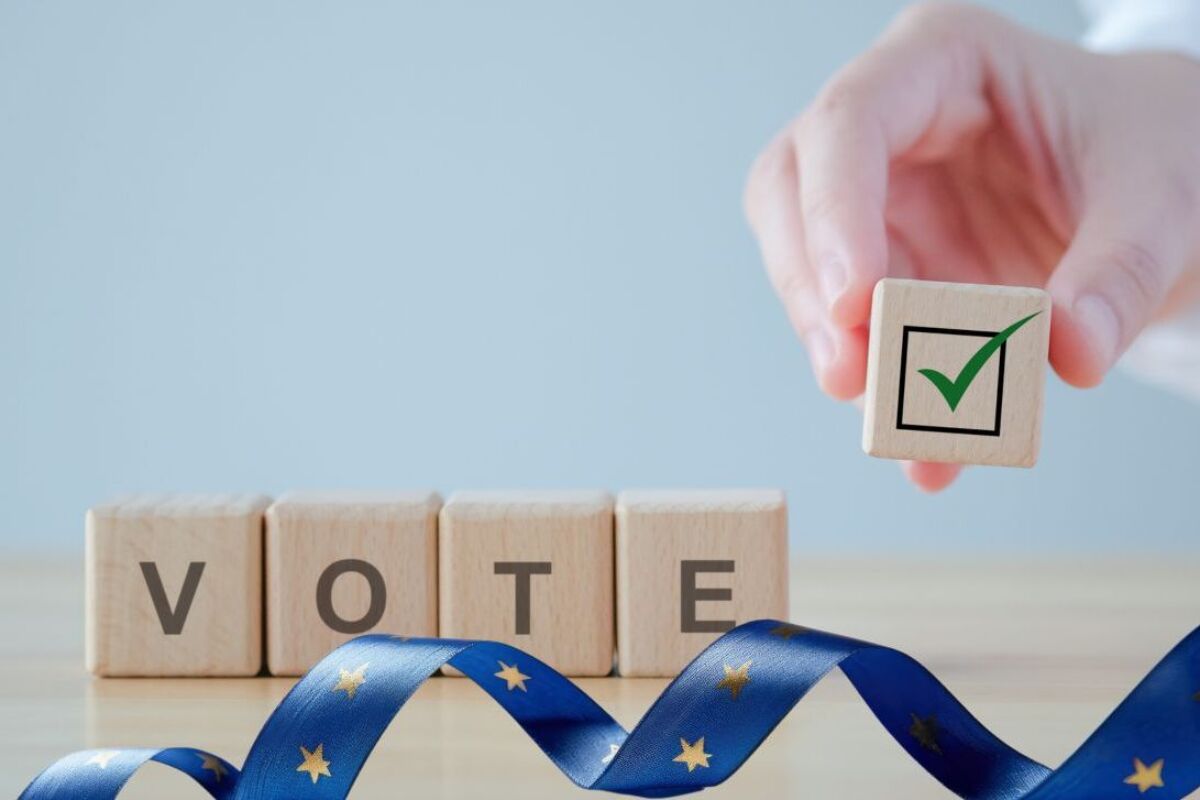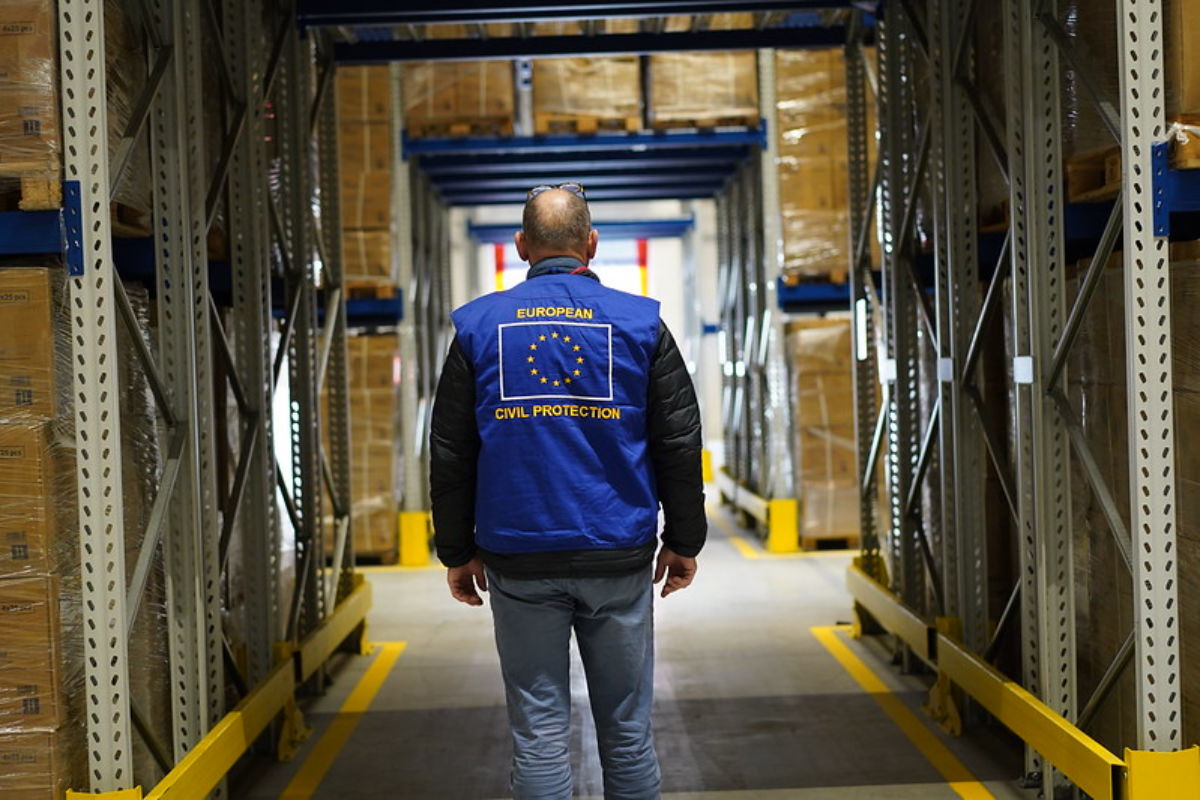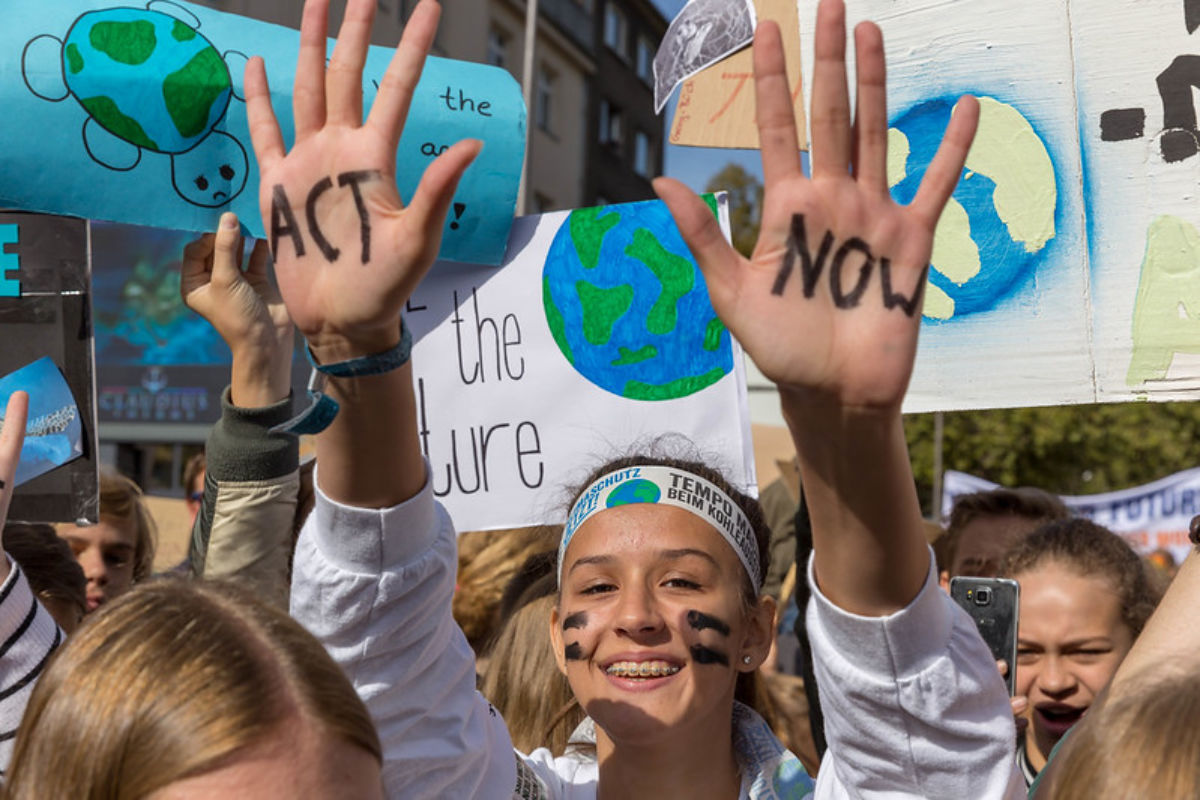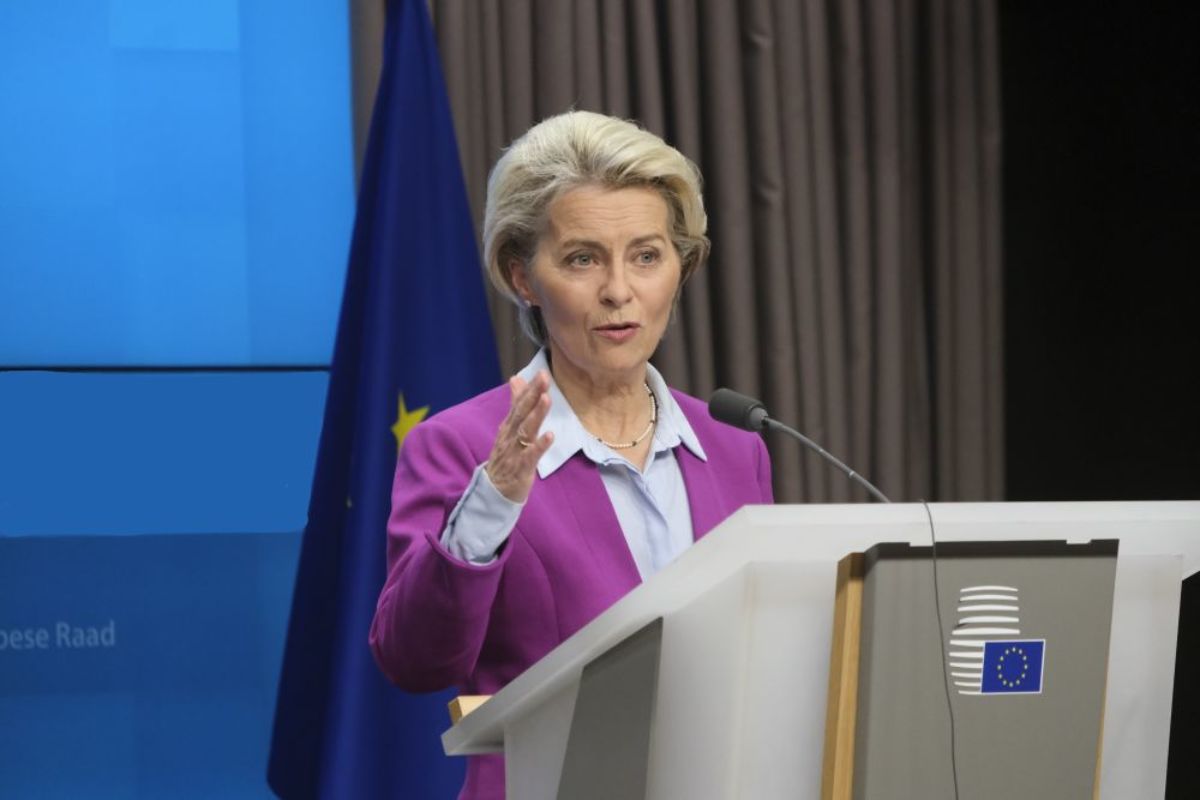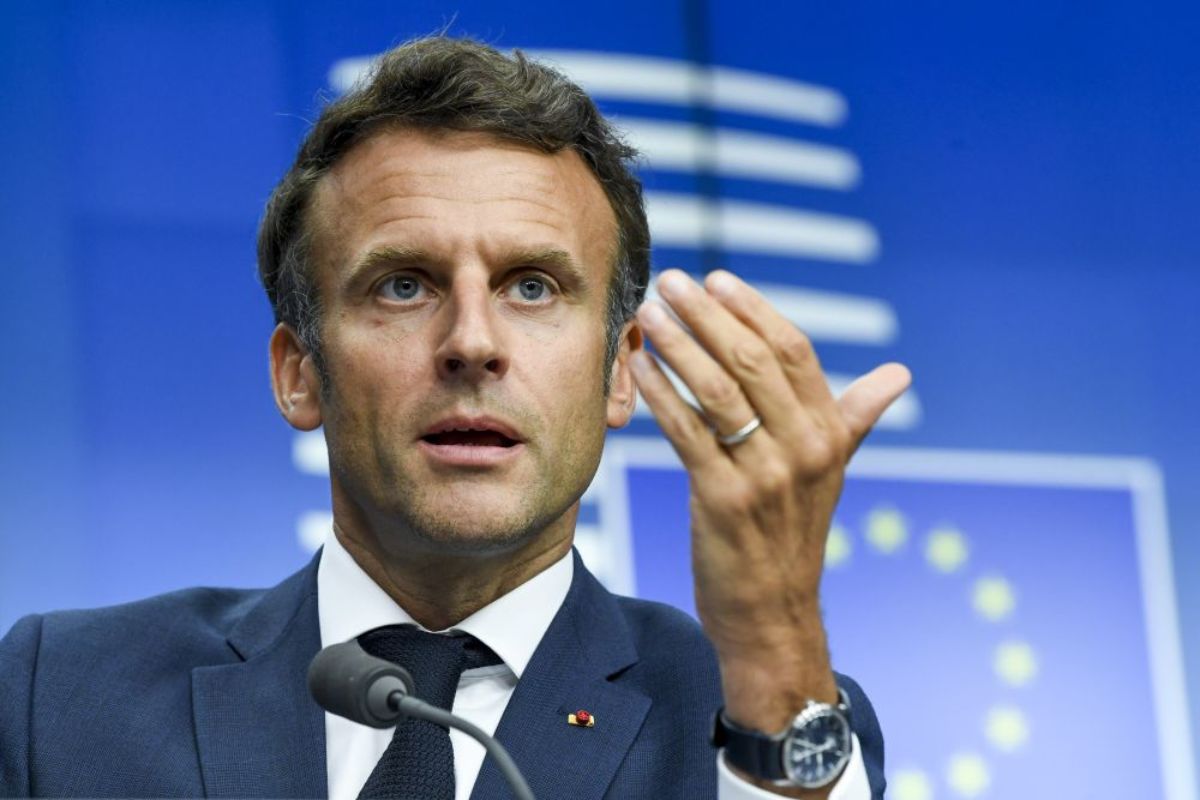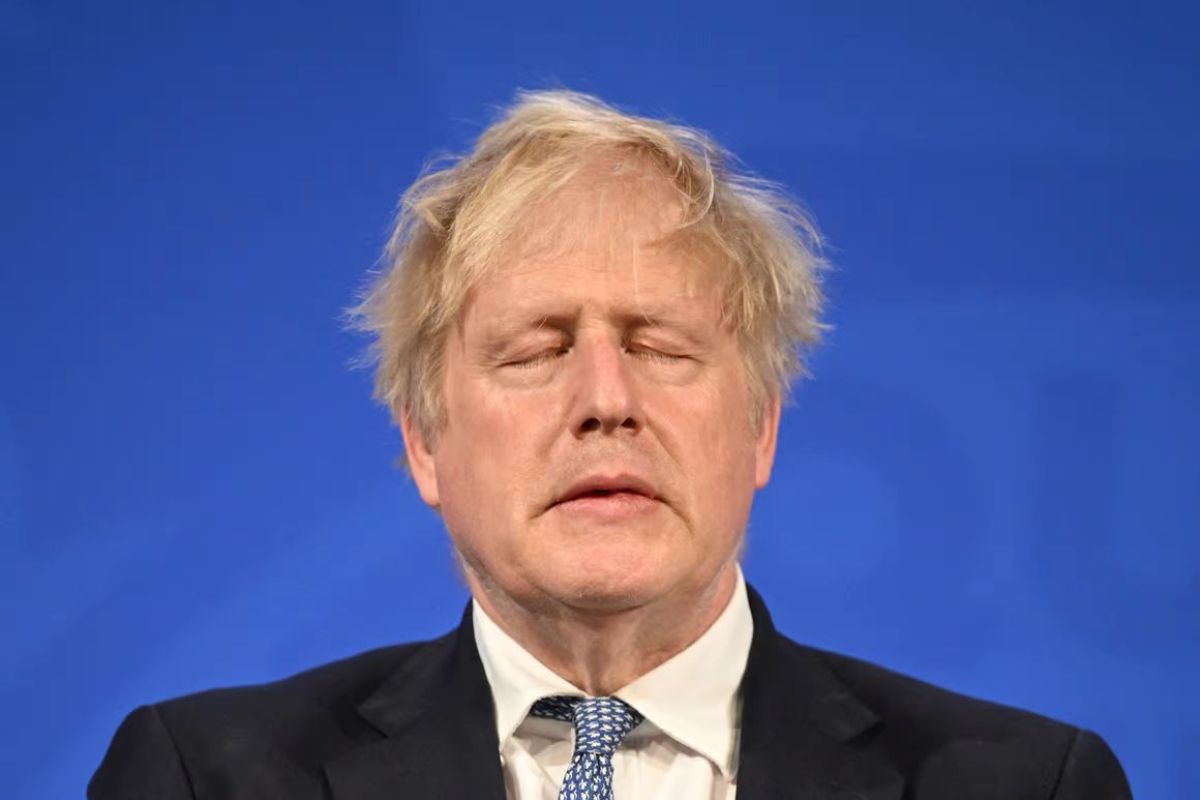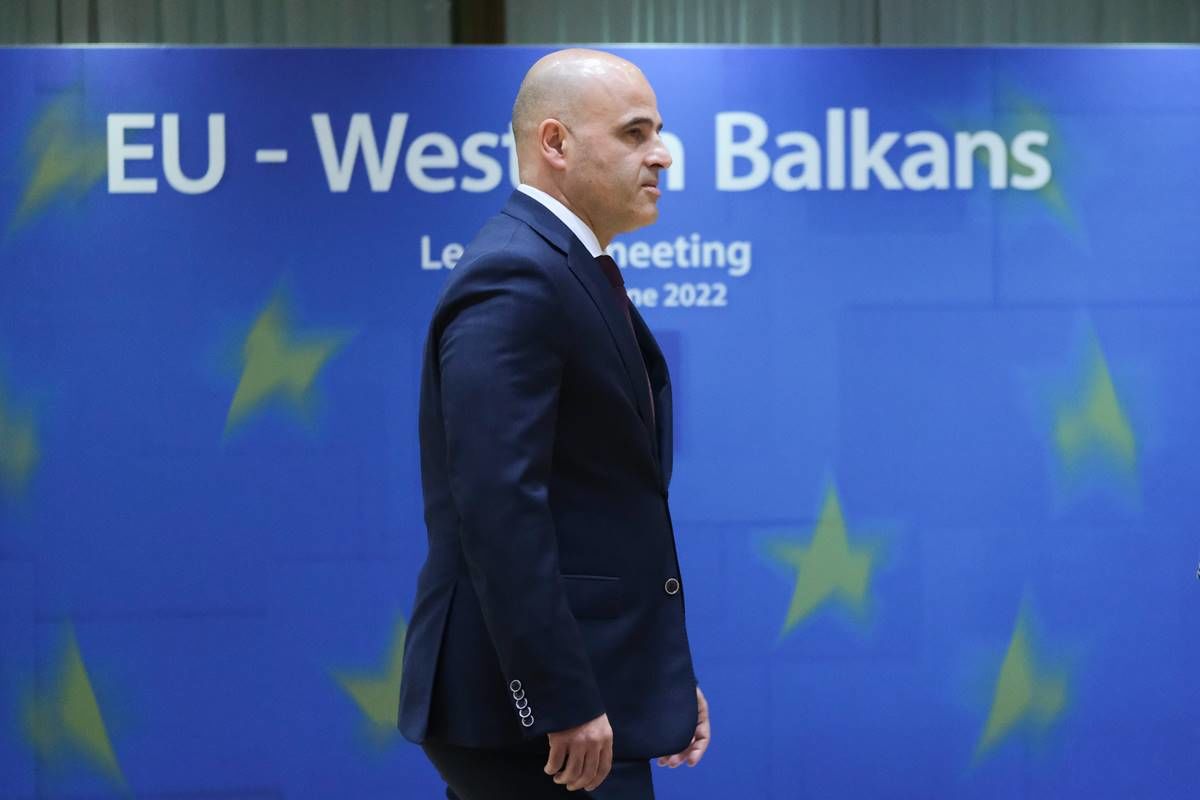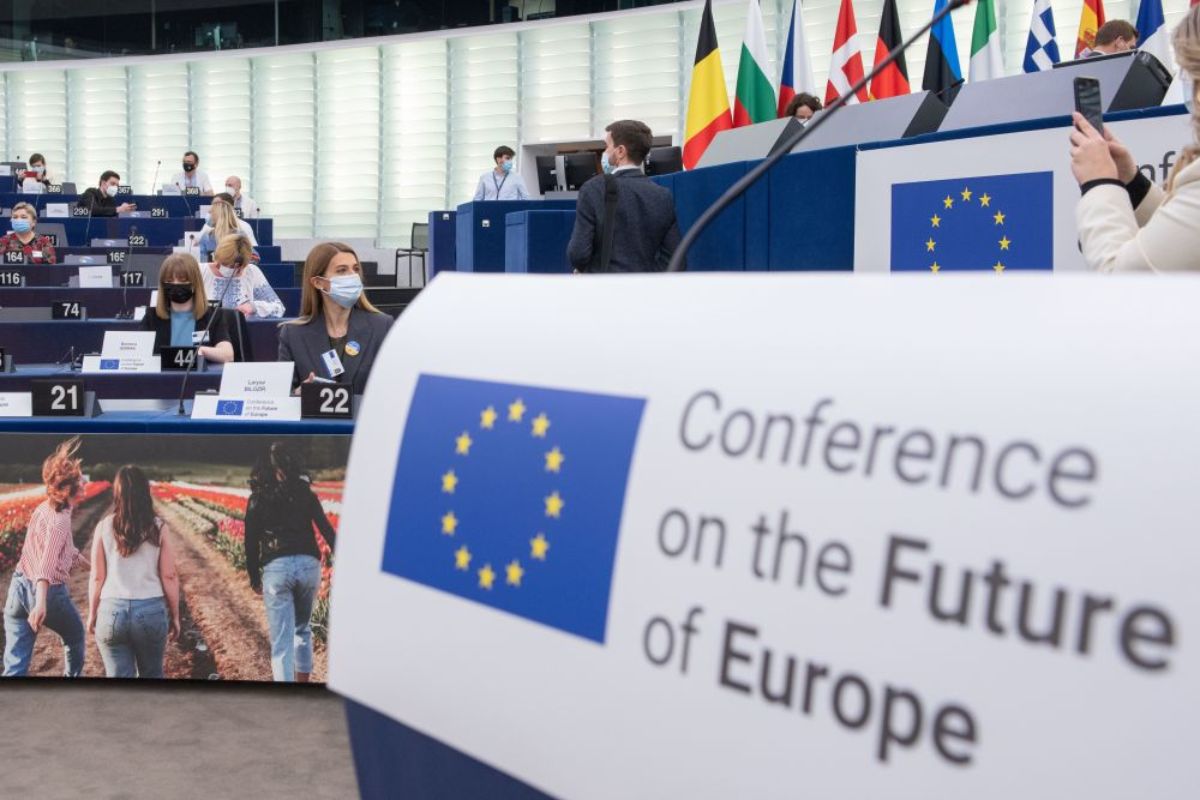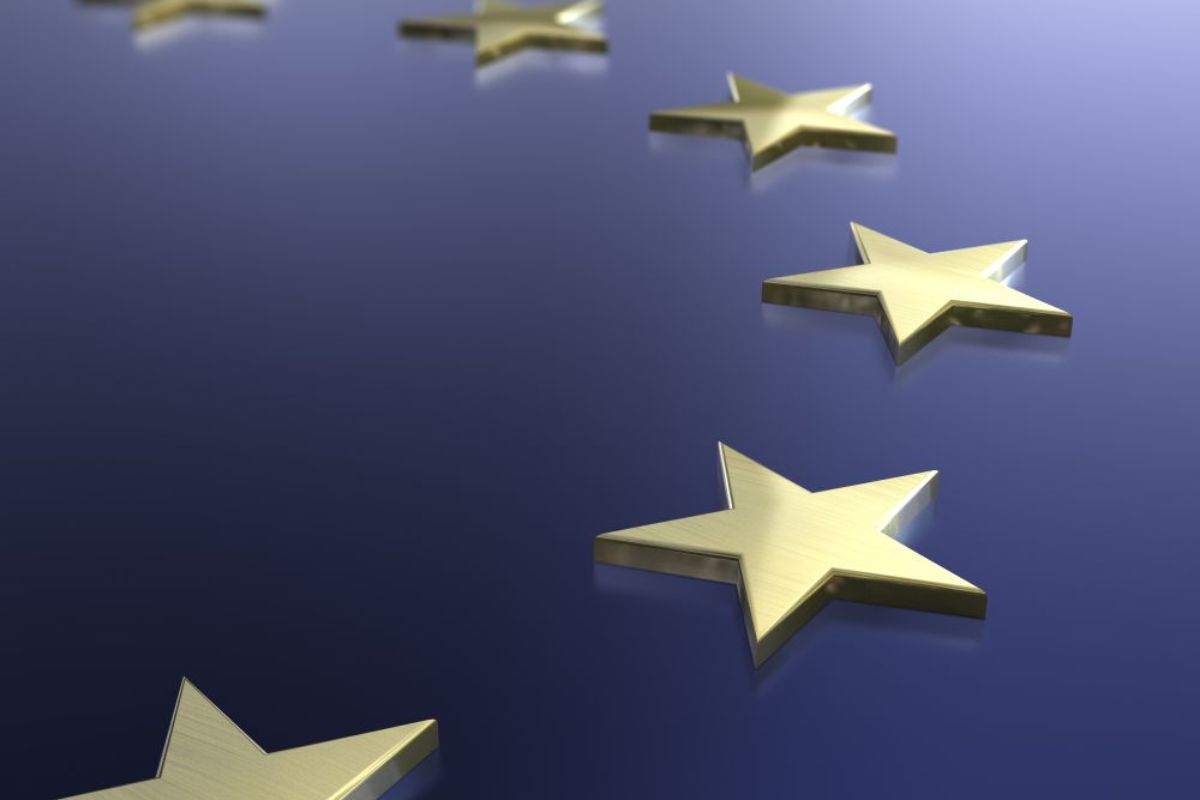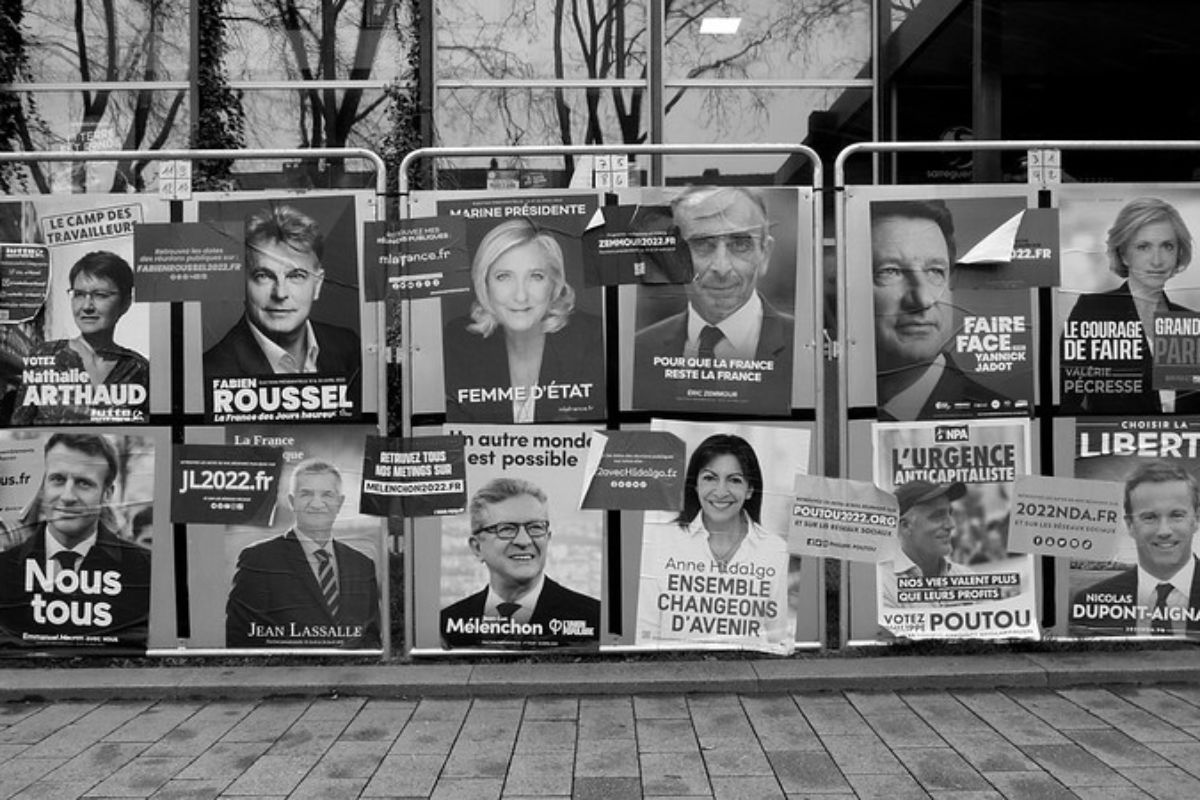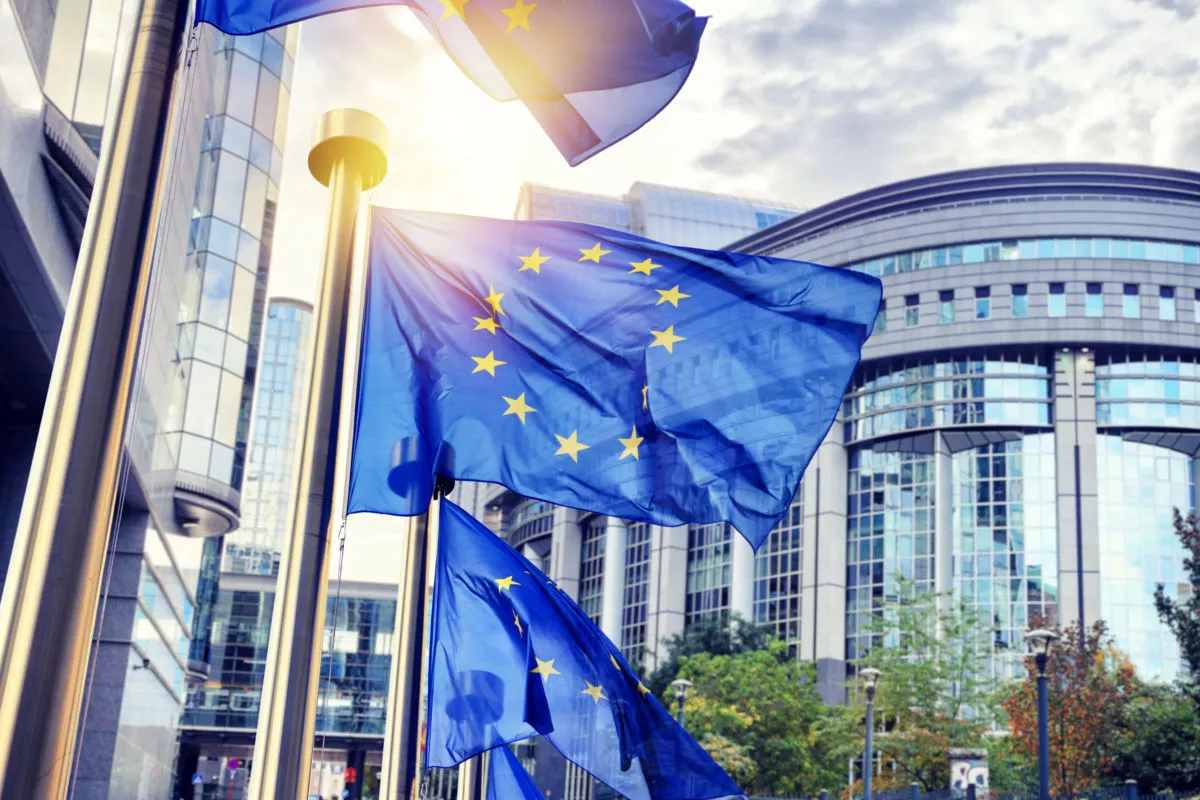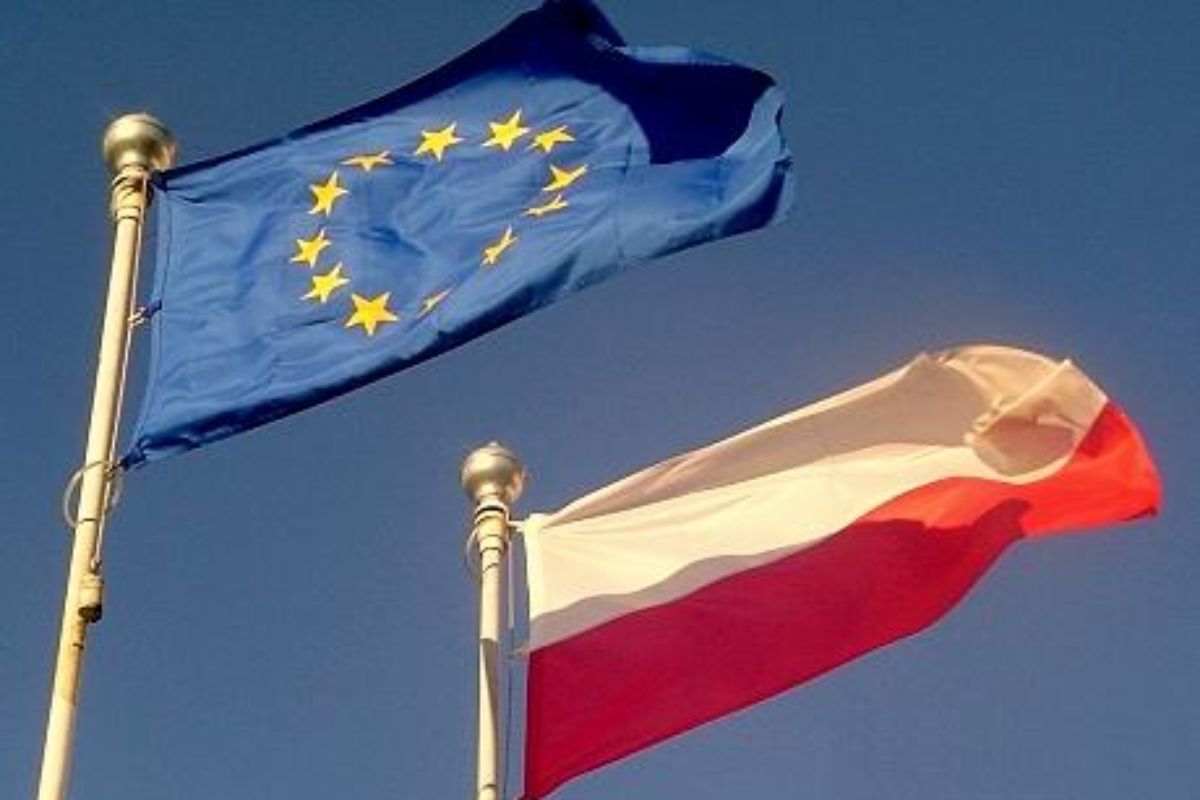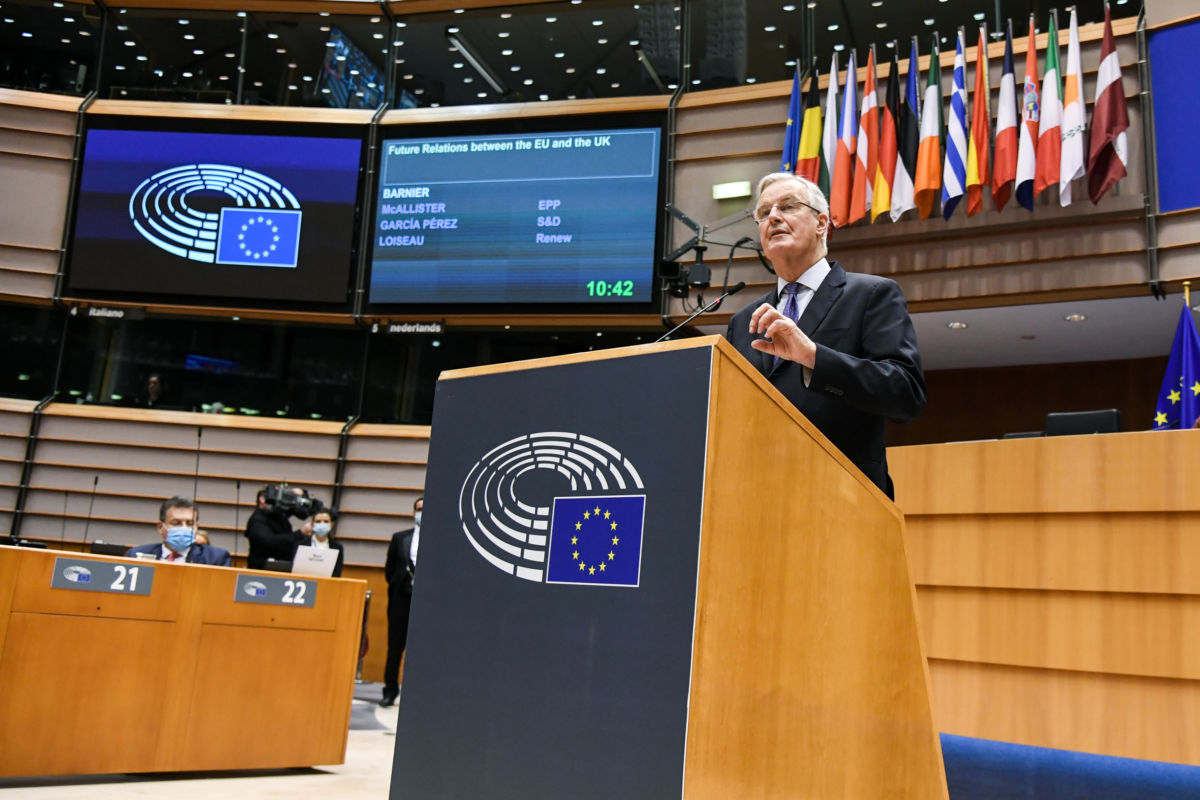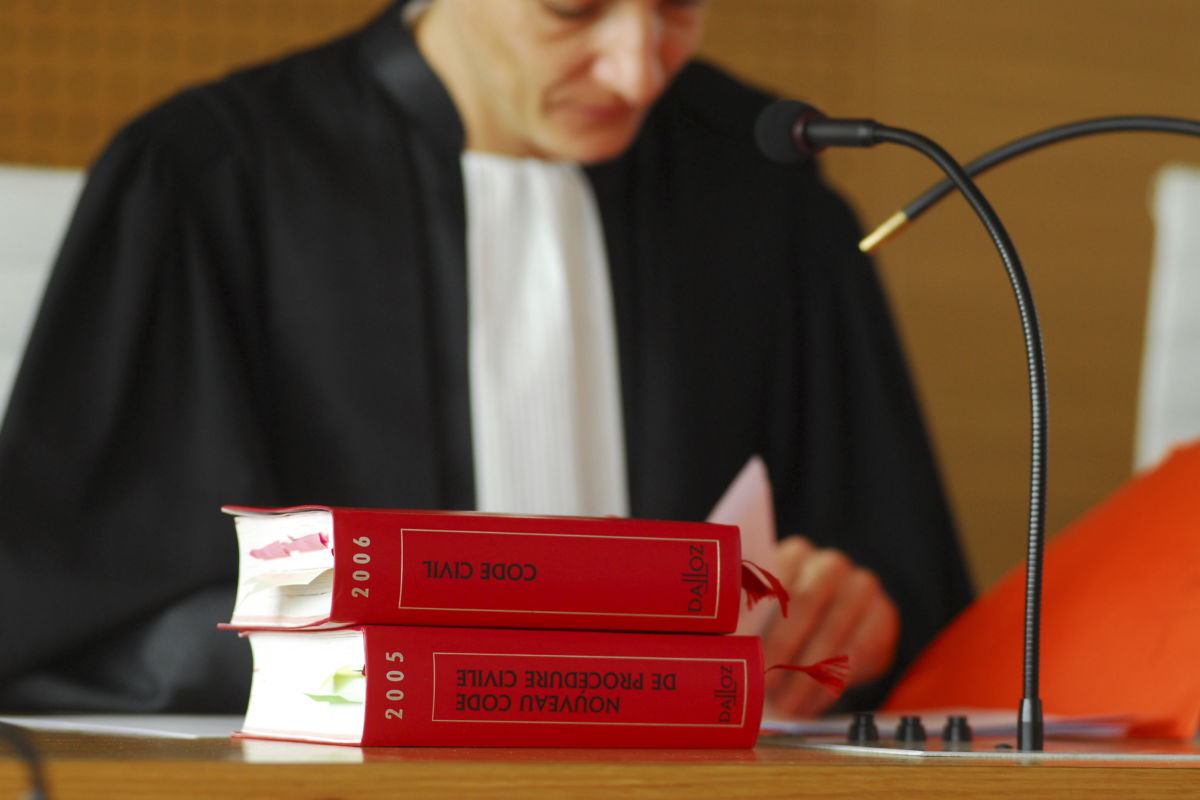On the run up to the European Parliament (EP) elections, many observers were fearful that we were about to experience a far-right surge. Now that the dust has settled and all results are in, this narrative has stubbornly persisted.
Yet it’s a misleading narrative. Instead, we’ve seen a steady rise over the past 25 years, with far-right MEPs making up 22 % of MEPs in the previous term (2019-2024), increasing to around 24 % in the new term (2024-2029) – a measly 2 %, hardly a rise that should instil a sense of panic. In fact, the turnover between the 2014 and 2019 terms saw an even higher increase of 4 %. This of course isn’t meant to downplay the significance of 24 % of MEPs sitting on the far right but rather to put things into the long-term perspective.
On top of this, the far right didn’t perform as well as had been expected in some Member States. In Finland, the True Finns saw their results drop by half. Donald Tusk’s Civil Platform won more seats in Poland than its arch rival PiS. In Italy, Giorgia Meloni did very well but this was at the expense of the Lega Nord. The far-right also underperformed in other countries, including Belgium, Sweden and the Czech Republic.
All eyes are now on France
Right now, the debate over the far right is completely tainted by the results in France and President Macron’s decision to dissolve the National Assembly and call snap legislative elections.
This focus is understandable. Marine Le Pen’s National Rally and Eric Zemmour’s Reconquest Party together secured almost 37 % of French EP votes. The fact that France is the second-largest Member State and holds the second-highest number of EP seats means that the French far right will have a significant presence in the chamber. Thus, the EP election results in France (and Germany too) matter a lot for the EP’s overall composition and political balance.
And, of course, we can’t forget that national elections determine the setup of the Council, European Council and – by extension – the Commission, and are therefore highly relevant for the EU level.
The far right cannot shape or block EU policies alone
Even if the far right in the EP is now bigger, will those 24 % of legislators sitting to the right of the European People’s Party (EPP) be able to have a real impact on EU decisions?
A majority of 50 % is required to make or block a decision – there is no such concept of a blocking minority in the EP. Even the current record high figure is miles away from reaching this threshold. In short, the far-right MEPs will not be able to shape or block policies.
Instead, their potential influence on EU policymaking might unfold through indirectly influencing the mainstream. Generally, far-right parties only have as much power as mainstream parties give them.
The far right’s immediate ‘neighbour’ in the chamber, the EPP, could play an important role as it may move itself closer to the far right in their own rhetoric and political priorities. The EPP might also be tempted to look towards its right flank for willing partners on conservative agenda points.
At the very least, the EPP could use its strong position as the largest grouping to pressure the left by threatening to cooperate with the far right on individual issues throughout the term. After all, you can’t stop the far right from voting in line with the EPP if and when it decides to do so – the EPP can thus easily argue that such voting alignment couldn’t be considered as active ‘cooperation’. But the EPP needs to remember that the far right are far from being reliable partners. They’re known to be notoriously fickle, especially over voting discipline within their own ranks.
However, the parties on the left of the political spectrum also hold sway – will they remain united in their pledge not to vote for the Commission President if they cooperate with the ECR? Currently, it seems unlikely that the ECR will participate in any formal agreement between the next Commission President as doing so would jeopardise numerous seats on the left.
This left-wing unity could be compromised if individual party interests prevail during negotiations. Still, more right-wing MEPs do not necessarily translate into a more right-wing agenda – but a lot depends on how the mainstream acts (and reacts).
The Greens’ responsibility
Particular responsibility now lies with the Greens – so the question is, are they willing and able to play ball? And will the EPP let them?
As the EPP emerged from the EP elections in a strong position, Ursula von der Leyen (still the most likely candidate to be appointed by the European Council) now seems less dependent on Meloni. Nonetheless, if she can’t count on Meloni’s 24 EP seats, she’ll need help from the other side of the spectrum, both throughout the term to pass legislation and to secure her reappointment through an absolute majority. Considering there are always dissidents, the votes of the EPP, S&D and Renew might be insufficient, especially for her reappointment.
In 2019, the Greens did negotiate agenda points with von der Leyen – but pulled out the night before the elections. This time, the Greens would need to up their game and be willing to compromise. Bas Eickhout seems to have understood this when he announced that the Greens ‘are ready to take on the responsibility’ to ‘play a constructive and responsible role’ in building stable majorities.
As there is a high degree of discipline within the Greens faction (the highest of all groups), they could indeed be a reliable partner, providing a counterbalance to the far right’s influence and ensuring a more stable and progressive legislative agenda.
So yes, the far-right contingent is indeed a little larger in the new mandate than it was during the previous one. But how much sway these 24 % of MEPs will have will depend on how effectively mainstream parties hold the line – the ball is very much in their court.
This CEPS Expert Commentary is a part of an ongoing series running throughout 2024 to mark key global elections during a year when around half of the world’s population will be heading to the polls. You can read the other commentaries in the series here.





